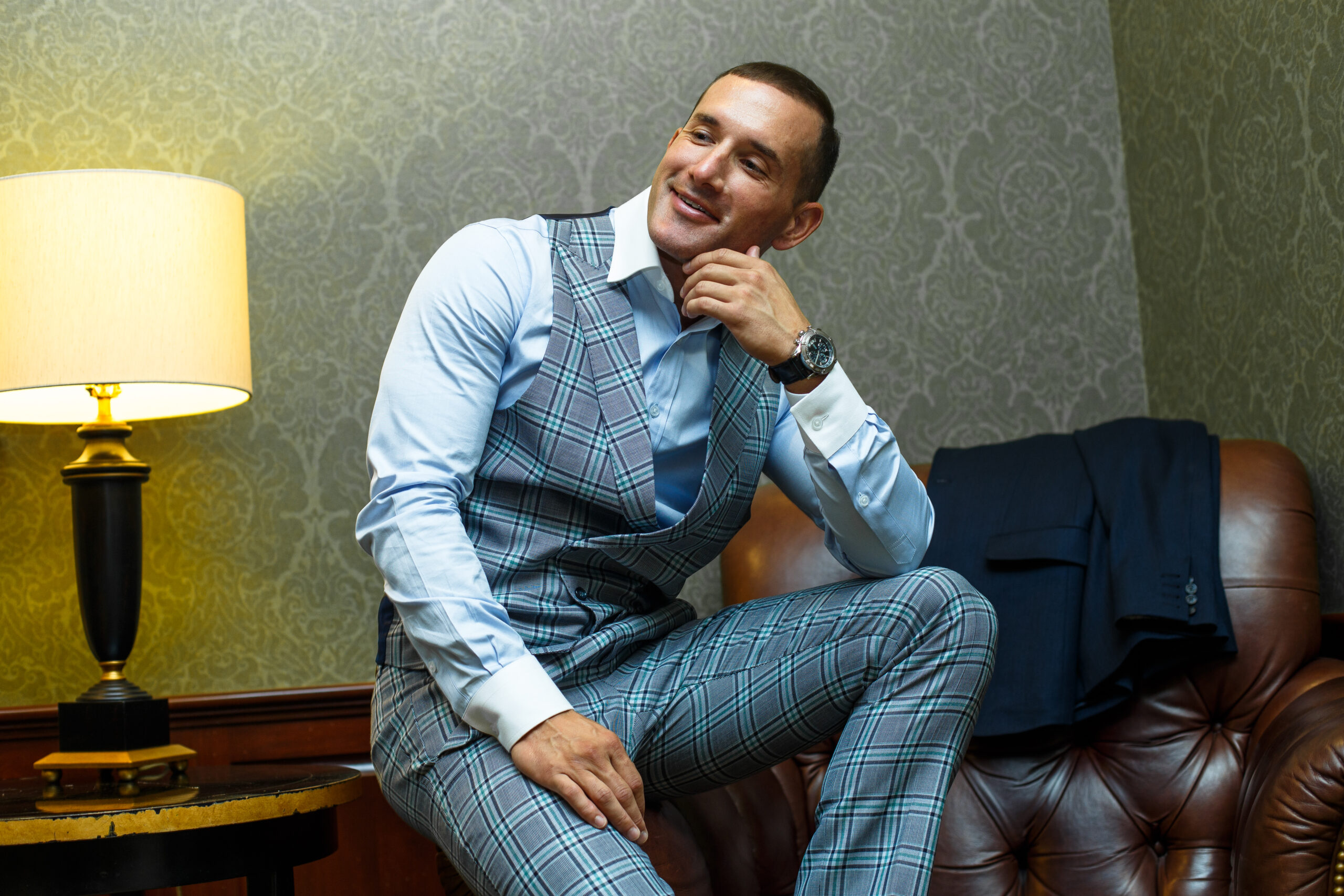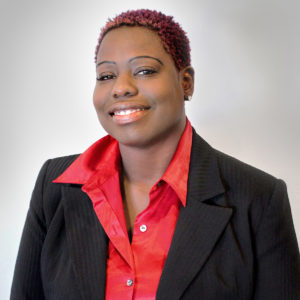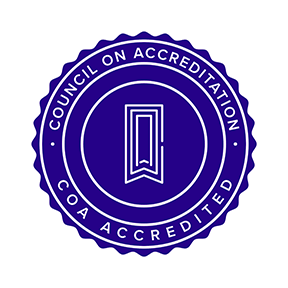Track and Field Athlete, Steven Benedict, Participates in Trinity’s Celebrity Love Project and Talks Fostering Success
26th of September 2020

Featured in 50 national and international magazines such as Train, ESPN Magazine, Men’s Fitness, Men’s Health and Fitness RX, Steven Benedict is a former foster youth who has beat the odds. A professional track and field athlete and Olympic Trials Qualifier, Steven has run in the Adidas Classic Diamond League, the US Nationals, and is a Penn Relays Champion who ran for Nike for two years. A champion for foster youth, Steven has proven that faith and persistence can transform lives. We sat down with Steven for a Q&A to learn more about his life as a foster youth and how he became a successful athlete and foster youth advocate.
How did your foster care experience shape you into the person you are today?
Steven: There was lot of moving around at a very young age, as well as instability and a lot of uncertainty. I went into foster care at four months, and then was put back into my mother’s care not too long after that. My brother and I are two and a-half years a part, and were living in hotels, motels rooms, and faced very unstable situations, including abuse and neglect. We experienced all of the things that seem to pair with a lot of foster kids.
Our best option was living with our grandparents, but they couldn’t take care of us, so we went back into foster care for five years. We were in different foster homes on the East Coast, until we settled in a foster home for three years in Randolph, NJ, which was probably our best bet at the time. During that time, my childhood became accelerated, so I had to be a father figure for my brother, which meant being self-aware and aware of my surroundings, dealing with trust issues, and having to provide for my brother. It was a very trying time, but I experienced a lot of growth. That period definitely shaped my resiliency and allowed me to be able to push forward and be able to read people very well.
What obstacles did you overcome that later led you to be successful?
Steven: I think there were a lot of experiences that contributed to my success. The first two to three decades of my life were growth experiences. It was definitely an experience of trying to trust; that was a big issue. I also experienced love issues. I definitely had to work to change the narrative of the story from, “Why is this happening to me?” to “What can I do with this?” That became the story; the catalyst, in order to have a bigger platform for the next generation and teaching them how to use their stories in a more powerful way. It’s not just for the kids and parents in the foster care or the adoptive space. We all have our unique stories and have bits and pieces of what people need to hear.
What gave you resilience and stopped you from getting trapped in the fast lane?
Steven: It goes back to having those head-on experiences, but by no means did I not fall into fast life periods or hanging out with the wrong crowds. I’ve made wrong choices and have been a bad steward of a lot of different gifts. In some cases, it has taken me a couple of times to learn specific lessons, but once I learned the lesson, I decided to move forward.
I think that some people do the right things the first time, and some people have multiple times to do it. There’s been plenty of areas in my life where I had repeat experiences, so I told myself, “Ok, I know where this path leads to, so I am not going to walk down this path again.” Resistance is paired with self-awareness. You have to be well aware of your own behaviors, actions, thought processes and emotions to know what’s familiar, so that you’re not doing the same thing over and over. I think that’s the distinction between sanity and insanity, so if we keep doing the same thing over and over again, that’s insanity. We’re not learning anything.
I’ve built this tough exterior to bounce off of, but I have my soft spots. I think that if we filter through them in a healthy way, it enables us to move forward and that’s where the resiliency is truly built.
What are three life skills that helped you during your toughest times?
Steven: Being able to be a good listener. When you have conversations, be intentional. Be there to listen because it shows respect to the person that’s speaking, and it enables you to ask better questions. The second lesson is being present, and lastly, being authentic. Authenticity comes through being vulnerable. I know there are plenty of people who need to hear my truth, so my authenticity enables them to bring down their walls and share their story. Also, being able to respond and not react.
What advice would you give people who want to become foster or adoptive parents? How can they help children thrive?
Steven: Figure out why you want to do it. Is it because you don’t want kids of your own, or don’t have kids of your own? Is it because a child needs a home, and you can provide that? There are a lot of great reasons to foster. Make sure it’s a genuine reason that you’re doing it. Interact with other foster or adoptive families, ask them questions and have conversations about what their process was like.
Every foster child has a different story and different experiences. You just have to be prepared for anything and understand that certain things take time. You have to go into it knowing that it’s a lifelong process. Have an open door for questions, and let the kids know that they’re loved and that they can trust you. For myself and my brother, when we were transitioning out of foster care into adoption, the love factor and the trust aspect was important. For me, being able to know I didn’t have to worry about protecting us or providing anymore, was important. I’d also suggest to be around good people.
What is your advice to current foster youth? How can they prepare for success?
Steven: If they are 12 years old or older, or are aging out, my advice would be to get around mentors who can give them a worldly perspective. I wish I would’ve had a good male figure in my life at that age. Having a good role model can help you observe how they approach life. My other piece of advice is to not be afraid to ask questions. There is no such thing as a stupid question. Also, be self-aware, and don’t just let life happen to you, go after it. I’d also recommend asking for help. Everyone who is successful had to ask for help. You can’t do it alone. Find out what you’re passionate about, start progressing in that area and have good people around you.
Tell us about Fostering Success, and how it empowers foster and adoptive youth.
Steven: Fostering Success is a unique organization that’s currently being built. I wanted to trailblaze a new path of what it means to be an organization of impact. There are three entities to Fostering Success. One is a 30-page documentary book where I pair elite athletes and celebrities with foster kids and document their day together. The book is all about the connections that are made. Not only do the foster kids know that there are people who care and that they aren’t alone, but the athletes understand that they’re being watched and have a role to play, and that role is much more than being an athlete. It will be sold nationally and will be a great conversation piece for the homes.
We will have a gala, but there won’t be an auction because I think it takes away from the essence of the cause. There will be sponsors and people will be able to give, but I want them to give in their own organic way. Ultimately, I want to build a communal home in which there are several foster families who live in their own units and they have dinner every night. Families will take turns cooking, and they’ll have a community gathering area where kids can play and interact. When foster kids go to school, they know they’re going back to a foster home. This will give them a community to be a part of besides school, that will give them the essence of what being a part of a family means.
What’s next in your career? What are you looking forward to accomplishing the most?
Steven: I have one more Olympic game, and I’ll probably switch sports. I am really feeling a push into being a part of the government aspect of foster care. I’ve had several conversations with directors, senators and the heads of the Foster Care Caucus, so I am looking forward to getting involved in that and looking forward to being on their panel next June for the congressional dinner. I feel that will help me have an influential voice to make some tangible changes. I am just trying to get a broader platform to make the biggest impact as possible.
Change a Child’s Life
If you’re inspired to foster or adopt, contact Trinity Youth Services at 909-825-5588 ext. 230 or epowers@TrinityYS.org. For more information on Steven Benedict, visit his website at www.stevieyb.com and Instagram at www.instagram.com/steviey_b.
 Eve Powers, Foster Care Marketing Specialist
Eve Powers, Foster Care Marketing Specialist
Eve has a strong commitment to helping foster youth and their families thrive and live successful lives. A former foster youth, Eve obtained her bachelor’s and master’s degree in Communications from California State University, San Bernardino, and is a certified Holistic Life Coach, motivational writer, self-help author and celebrity interviewer. Beyond the Trinity Youth Services blog, Eve’s articles can be found in numerous platforms including Foster Focus Magazine, Heart & Soul Magazine, BET Centric and Huffington Post. A passionate advocate for the LGBTQ community, Eve continues to educate, support and mentor foster youth throughout Southern California.




